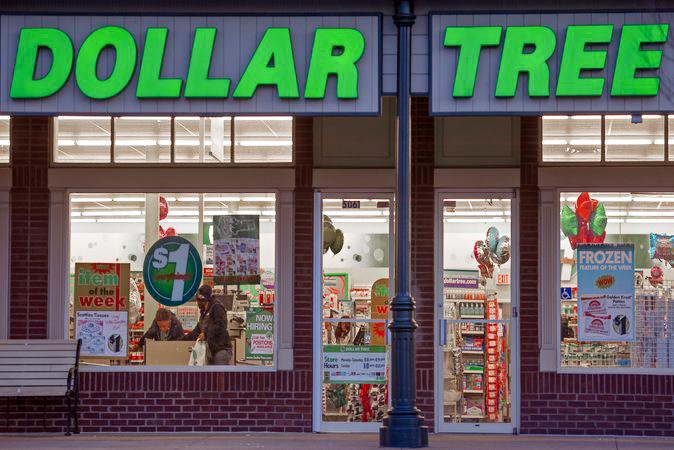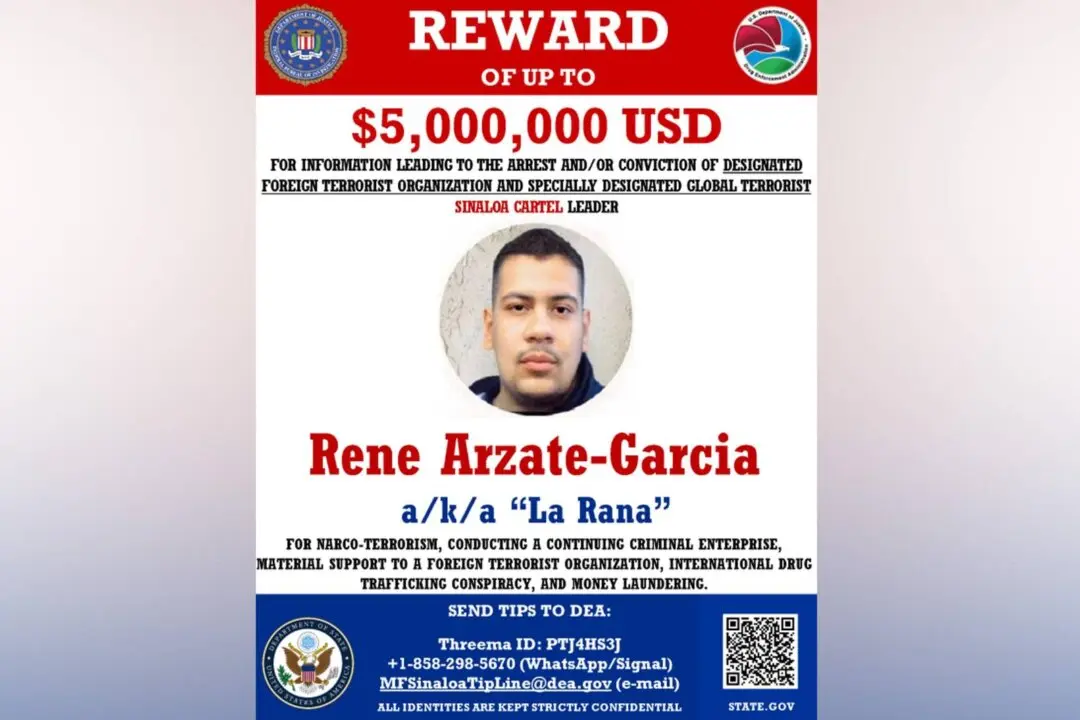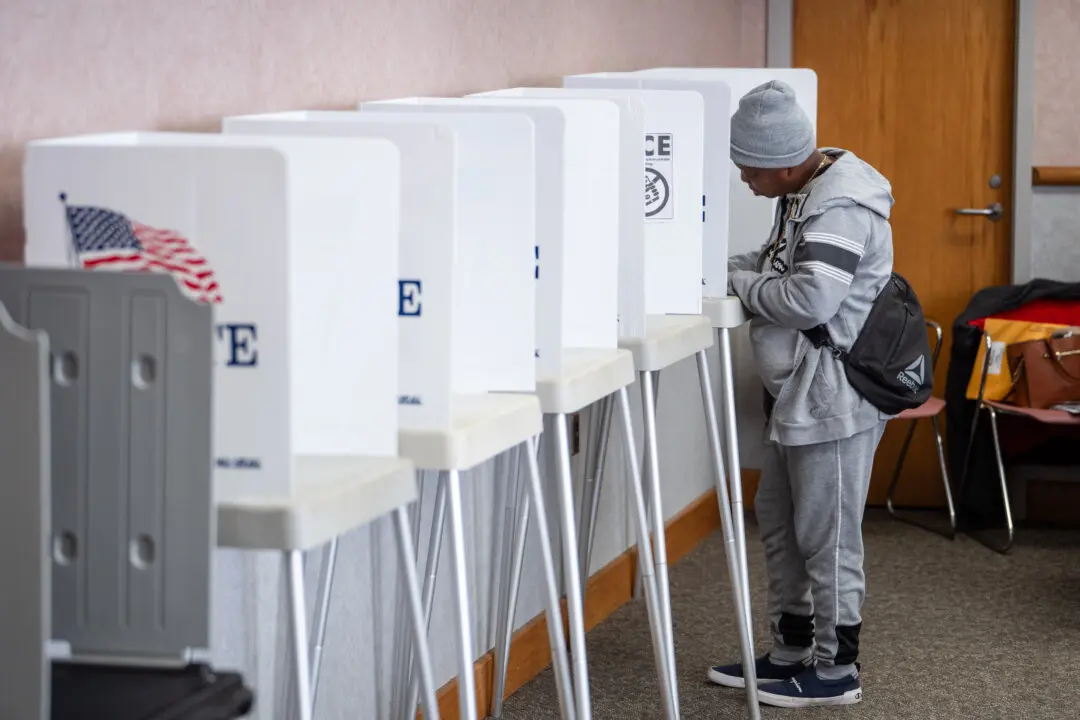Americans who withdraw cash from major retail chains are paying fees on these transactions even though processing these payments costs just a “few pennies,” according to a recent report by the Consumer Financial Protection Bureau (CFPB).
When people purchase items from a store using a debit or prepaid card, they can withdraw a small amount of their funds through the retailer. The outlets typically set a fixed withdrawal limit for such transactions. People living in small towns with no immediate access to local banks benefit from such services by accessing the cash at a nearby retailer.





